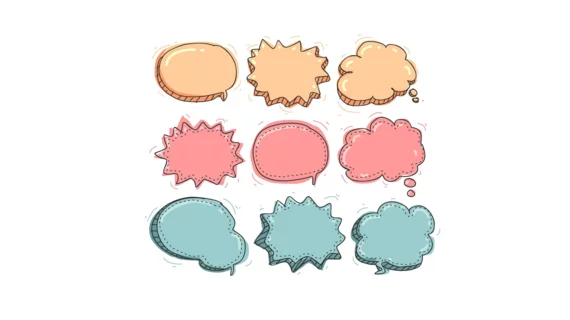1. We appreciate your resilience and your continued commitment to your patients during the last month. And thank you for remaining engaged with us to make sure we know about the challenges you have faced in light of the Change Healthcare cyberattack. ... We will continue to value your feedback as we move forward together.
—HHS Deputy Secretary Andrea Palm, Administrator and Assistant Secretary Dawn O’Connell of the Administration for Strategic Preparedness and Response (ASPR) and Administrator Chiquita Brooks-LaSure of the Centers for Medicare & Medicaid Services. “To the healthcare provider community,” PDF letter, March 25. (Accompanying guide to resources here.)
2. ‘While around 20 services have now resumed, more than 100 are still offline. While it is not unusual for a recovery from a ransomware attack to take several weeks, the extent to which Change Healthcare’s systems are used by healthcare providers means the impact has been far-reaching. … Change Healthcare should have been aware of this and been better prepared to ensure that disruption was minimized.’
—Steve Alder, editor-in-chief of HIPAA Journal. “Clarification Sought from OCR About Change Healthcare Ransomware Breach Notifications,” HIPAA Journal, March 25.
3. ‘All [Change Healthcare’s ownership] has done is offer a really bad 10-day loan payment program as their solution. I don’t understand why more people aren’t screaming and yelling. This is a major risk to our whole healthcare system.’
—Gene Ransom, JD, CEO of the Maryland State Medical Society. “Maryland has issued more than 500 loans due to Change Healthcare cyberattack,” WYPR News, March 25.
4. ‘I have all kinds of nightmare scenarios playing out in my head, like how am I going to pay my bills? I’m probably going to have to take a distribution from my retirement account to try to stay afloat for another month. My biller is doing paper claims at this point.’
—Marianne Webb, APRN, psychiatric nurse practitioner in solo practice in rural northeastern Colorado. “Clinicians Still Grappling With Aftermath of Change Healthcare Cyberattack,” Medscape, March 25.
5. ‘We’re dealing with a lot of anxiety, but we have kind of shielded the patients. I grab onto any piece of news that says things are going to be better, but I am not confident ... I’m not seeing anything, not at all.’
—Sina Raissi, MD, Nephrology & Hypertension Associates of Middlebury, Conn. “CT doctors skipping paychecks amid medical claims crisis. Are furloughs next?” CT Insider, March 26.
6. ‘We’ve advanced more than $3.3B to care providers through our Temporary Funding Assistance Program at no cost. We want to help care providers, especially smaller practices, who have been affected by this crisis.’
—UnitedHealth Group. “Information on the Change Healthcare Cyber Response,” UnitedHealthGroup.com, March 27.
7. The U.S. Department of State’s Rewards for Justice program, which is administered by the Diplomatic Security Service, is offering a reward of up to $10 million for information leading to the identification or location of any person who, while acting at the direction or under the control of a foreign government, engages in certain malicious cyber activities against U.S. critical infrastructure in violation of the Computer Fraud and Abuse Act.
—U.S. Department of State. “Rewards for Justice—Reward Offer for Information on ALPHV BlackCat-linked Cyber Actors Targeting U.S. Critical Infrastructure,” State.gov, March 27.
8. ‘The Change Healthcare incident will not change healthcare—not unless policy changes and the narrative gets shifted to embrace understanding of our critical weaknesses and encourage threat sharing. Without this change, threat actors will continue to target our weaknesses and find success. Expect the next incident to be even more devastating.’
—Toby Gouker, PhD, chief security officer for government health at First Health Advisory Solutions. “Nothing will change as a result of the Change Healthcare incident,” SC Media, March 28.
9. ‘The cataclysm that has ensued with the shutdown of Change Healthcare is a testament to just how powerful and transformative networked business models can and should be for healthcare. … The Change Healthcare crisis has made it plain: networked businesses are vital to the operation of our healthcare system, but modern technology and larger scale platform innovation and adoption is required to usher in the next epoch of healthcare.’
—Seth Joseph, founder and managing director of Summit Health Advisors. “What Change Healthcare and the US Postal Service Can Tell Us About the Coming Platform Revolution,” Forbes, March 28.
10. ‘This is so completely unacceptable! Behind the scenes, most private practices who applied for assistance were offered pittance loans that could not begin to keep them afloat. The crazy thing is that there are still so many Americans who have NO idea this is happening, and we still have no idea how much protected health information is now on the dark web.’
—Andrea Cunard, PhD, psychotherapist and educator in Orlando, Fla. LinkedIn post, March 28.

